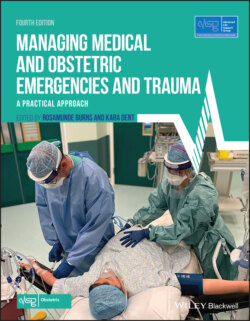Читать книгу Managing Medical and Obstetric Emergencies and Trauma - Группа авторов - Страница 56
4.5 Learning from error
ОглавлениеHistorically, those making mistakes have been identified and singled out for punishment and/or retraining, in what is often referred to as a culture of blame. With our example drug error blame would most likely have fallen on the shoulders of the nurse administering and/or the doctor incorrectly prescribing. Does retraining these individuals make it safer for other or future patients? That clearly depends on the underlying reasons. If it was purely a knowledge gap, possibly, but does the same knowledge gap exist elsewhere? Potentially all the other issues remain unresolved. Moreover such punitive reactions make it less likely for individuals to admit mistakes and near misses in the future.
The focus is now on learning from error and, in shifting away from the individual, is much more focused on determining the system/organisational errors. Once robust systems, procedures and policies that work and are effective are in place, then errors can be captured. Of course issues will still need to be addressed where individuals have been reckless or lacked knowledge – but now reasons why the individuals felt the need to violate, or had not been given all the knowledge required, can be looked at.
For this to work health services need to learn from errors, adverse events and near misses. This requires engagement at both the individual level, by reporting errors, and the organisational level, investigating and feeding back the error using a systematic approach. It is also key that information is cascaded through the organisation and across the health service to raise awareness and prevent similar situations.
Violation may be indicative of the failure of systems, procedures or policies or other cultural issues. It is important that policies, procedures, roles and even our buildings and equipment are all designed proactively with human factors in mind so things do not have to be fixed retrospectively when adverse events occur. This means that all members of the organisation must be aware of human factors, not just the front‐line clinical staff.
